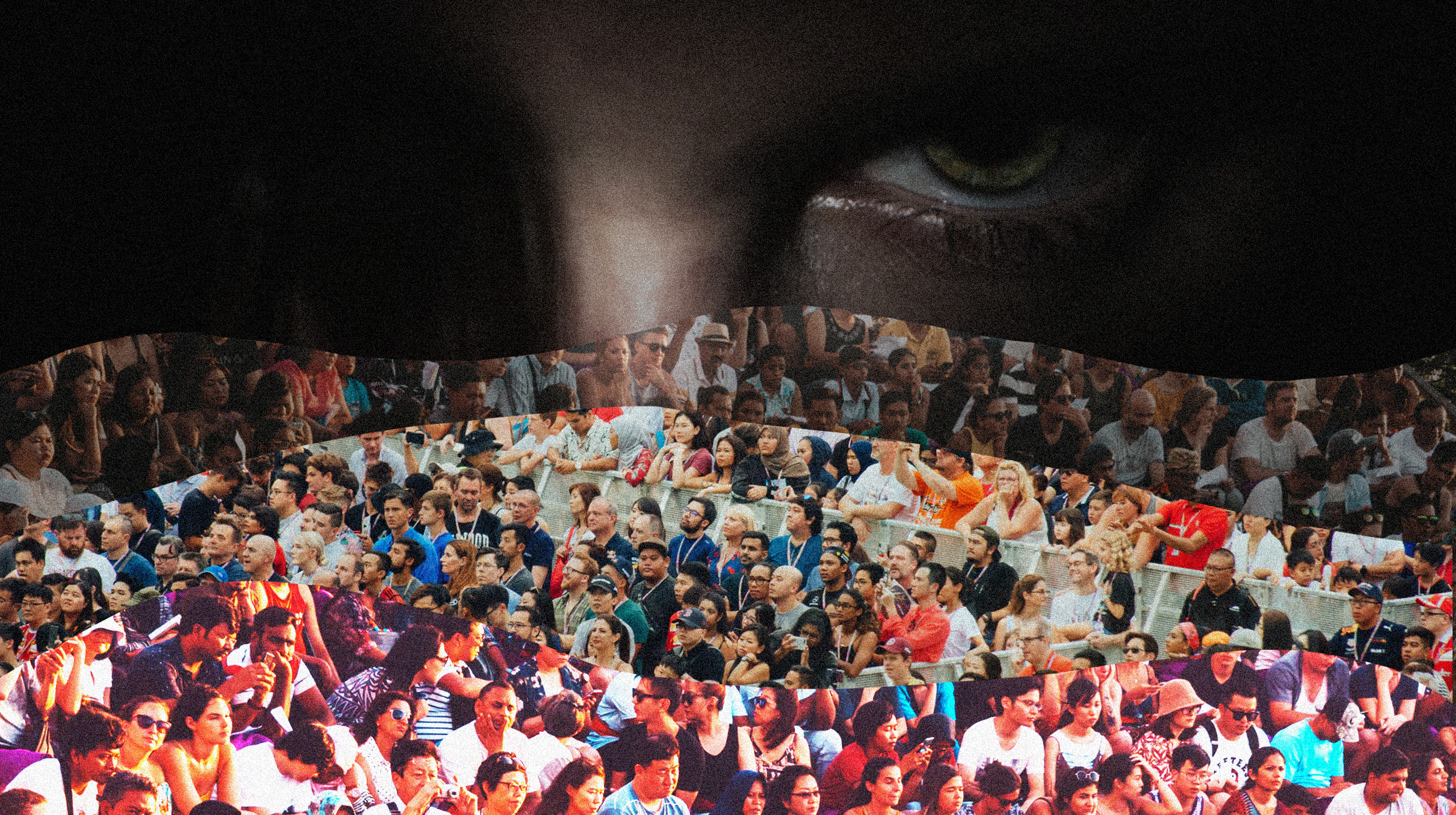public health
The European Union agreed on a list of 15 countries that would be allowed to travel in its bloc. U.S. citizens were not on it.
In Chile, the so-called “release certificate” would free holders from all types of quarantine or restriction.
A conspiracy theory that 90 percent of the world’s population will be killed off spreads widely on pandemic fears.
Would you study abroad online?
The study also estimated that international lockdown efforts prevented more than 500 million infections worldwide.
In “Douglas,” the Australian comedian opens up about her autism diagnosis.
State and local governments are hiring contact tracers to contain the spread of novel coronavirus.
Remaining silent is being complicit.
The program aims to notify people after they’ve come in close contact with someone who tested positive.
A debate is raging inside and outside of churches.
A study of over 100,000 businesses in Oregon uncovered some unsettling news about worker conditions.
There are countless studies that prove ecotherapy (often referred to as nature therapy) is beneficial for your physical and mental health.
A researcher talks about the power of music in a crisis.
R is a way of measuring an infectious disease’s capacity to spread.
A Cornell Health physician has blended rap and medicine to better educate kids on coronavirus guidelines.
The physical action of handwashing plus the properties of soap is a one-two punch for the virus.
▸
1 min
—
with
Today’s agriculture workers face 21 days of heat that exceed safety standards. That number will double by 2050.
Most homes are using insufficient methods to determine when chicken is done cooking and safe to eat.
Researchers at the University of Copenhagen might have discovered a cure.
Across the land, state-driven pacts, partnerships, councils and task forces replace a coordinated federal response.
Combining two fabrics is the best way to filter out infectious coronavirus particles according to a new study.
Dr. Kate Biberdorf explains why boiling water makes it safer and how water molecules are unusual and cool.
▸
3 min
—
with
Sheltering at home is anti-instinctual behavior. Yet doing so saves lives.
Europe’s border closures due to coronavirus go against a fundamental freedom enshrined in the Schengen Agreement.
With the right technology, we can continue to “flatten the curve,” even as we venture out of our homes.
If confirmed, that’s 10 times the official number of infected New Yorkers.
If a patient requires a ventilator, a new study finds they have a low chance of survival.
Men take longer to clear COVID-19 from their systems; a male-only coronavirus repository may be why.
A bipartisan group of economists, technology and public health experts, and ethicists developed a three-part plan to swiftly and safely reopen the American economy. Could it work?
Two new studies shed light on the road ahead.





























